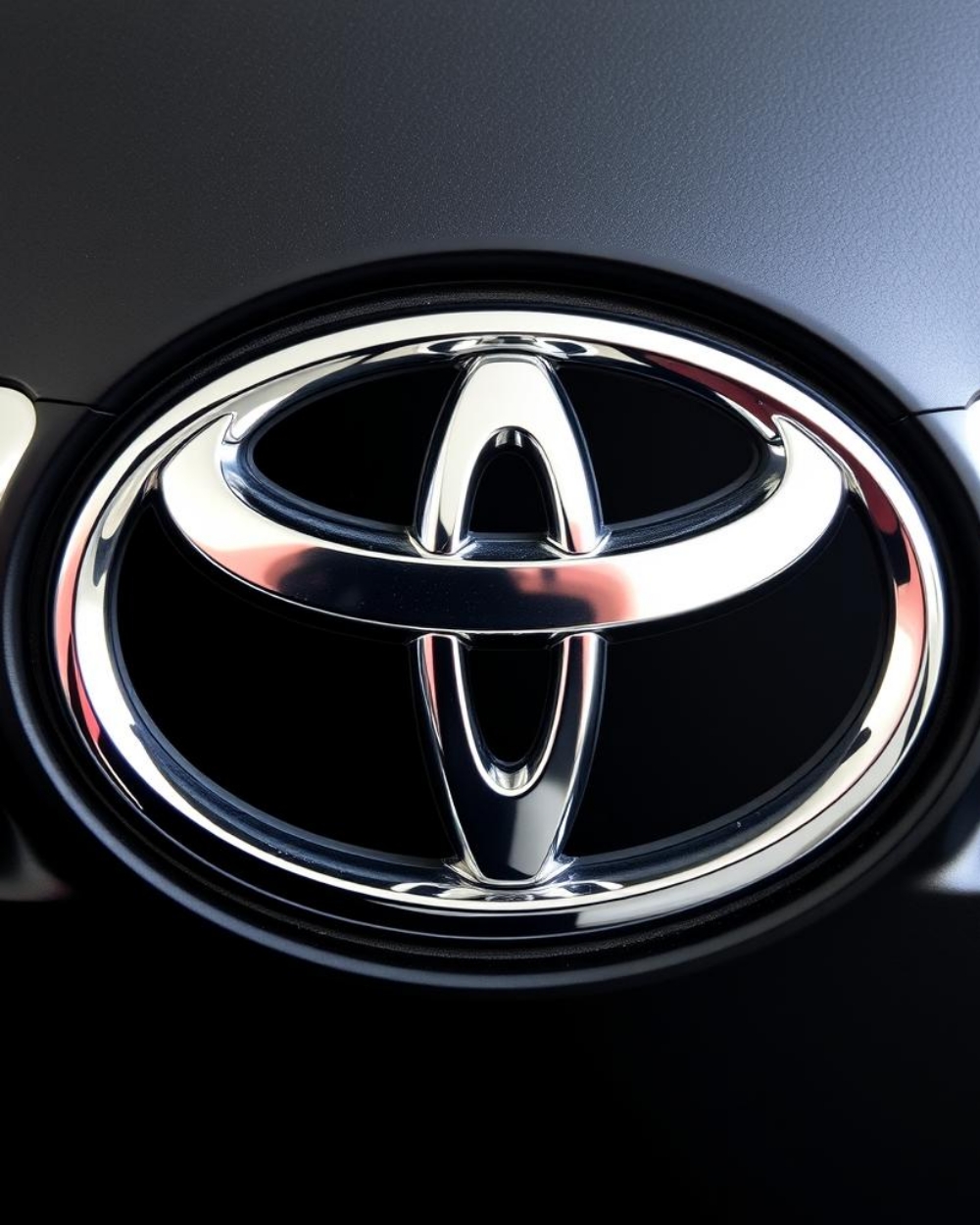Class Action lawsuit | Automotive Law | Corporate Litigation |
Introduction: Toyota in Major Legal Battle
Toyota Motor Corporation which has long regarded as a global pioneer in hydrogen-fuel technology now faces one of the most aggressive consumer lawsuits in its history. A $5.7 billion class-action complaint filed in California federal court accuses the automaker of running an organized, fraudulent enterprise that concealed catastrophic safety defects in its hydrogen-powered Mirai sedans.
Filed under the Racketeer Influenced and Corrupt Organizations Act (RICO), the suit alleges that Toyota and its U.S. subsidiaries conspired to mislead regulators, consumers, and investors by overstating the safety, reliability, and infrastructure readiness of hydrogen vehicles. Plaintiffs claim that the company effectively created a “Hydrogen Mafia” describing it as an enterprise designed to dominate the emerging hydrogen-mobility market through deception and control of refueling networks.
If proven, these claims could redefine the reach of RICO in product-liability litigation and send shockwaves through an automotive industry already navigating tight regulatory scrutiny and the pressures of technological transition.
Allegations: A Coordinated Scheme of Concealment
According to the complaint, Toyota and its affiliates engaged in a pattern of fraudulent misrepresentation spanning nearly a decade. Key allegations include:
- Concealing hydrogen leak risks that could cause explosions or system failures.
- Marketing the Mirai as a safe, zero-emission alternative despite power-loss and braking defects.
- Promoting a “reliable national hydrogen network” while knowing that many refueling stations suffered from fuel shortages, long wait times, and frequent closures.
- Using wire and mail fraud to distribute false advertising and suppress consumer complaints.
The plaintiffs also cite Toyota’s prior agreements with the U.S. Department of Justice, arguing that the company had an ongoing duty to disclose potential safety hazards which is a duty they claim Toyota breached by withholding defect information.
Legal Significance: Pushing the Limits of RICO
RICO suits are rarely deployed in automotive contexts, as the statute was designed to target organized criminal enterprises. However, plaintiffs argue that Toyota’s internal coordination and alleged use of deception across multiple business entities fit the RICO criteria of an “enterprise engaged in a pattern of racketeering activity.”
If the court accepts this framing, the case could broaden RICO’s applicability in corporate misconduct litigation extending beyond financial fraud to encompass systematic concealment of safety defects. The plaintiffs seek treble damages (a standard feature of RICO), potentially inflating the $5.7 billion figure to over $17 billion in exposure.
Toyota’s Potential Defenses
Toyota is expected to challenge both the factual and legal underpinnings of the case:
- Enterprise and racketeering claims: Toyota will likely argue that routine corporate coordination does not constitute a criminal “enterprise.”
- Product-liability context: The company may assert that the allegations sound in traditional consumer-fraud or warranty law, not organized crime statutes.
- Infrastructure control: Toyota could point out that it does not own or operate most hydrogen-fueling stations and thus cannot guarantee network performance.
- Compliance and transparency: The automaker may cite adherence to recall, warranty, and safety reporting requirements under U.S. law.
Broader Industry Implications
This case could have lasting consequences for the hydrogen-fuel and electric-vehicle sectors. As automakers increasingly market “mobility ecosystems”, integrating vehicles with charging or fueling networks — they face rising exposure for infrastructure failures and misrepresentations.
Regulators may also use this litigation as a springboard to tighten disclosure rules around alternative-fuel infrastructure and performance claims.
Conclusion: A High-Stakes Test for Corporate Accountability
The so-called Hydrogen Mafia lawsuit represents more than a consumer dispute, it’s a test of how far U.S. courts are willing to extend RICO’s reach into corporate product-liability territory.
For Toyota, the reputational and financial consequences could be immense. For the broader auto industry, the message is unmistakable: when innovation blurs into over-promise, the line between aggressive marketing and racketeering may no longer be as clear as it once was.






